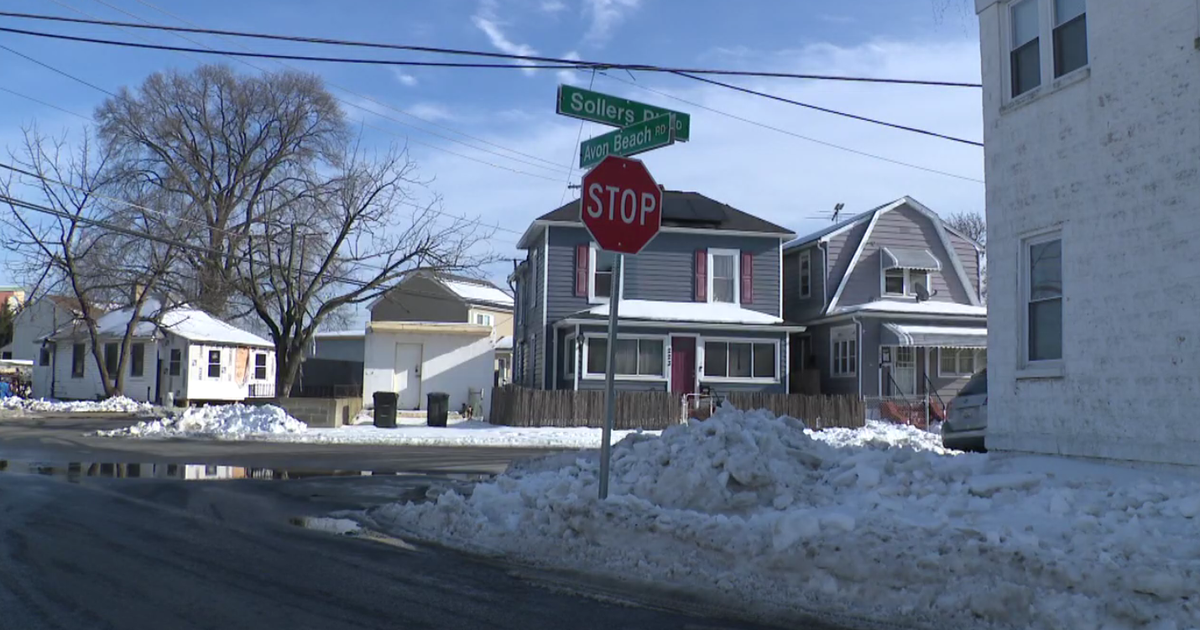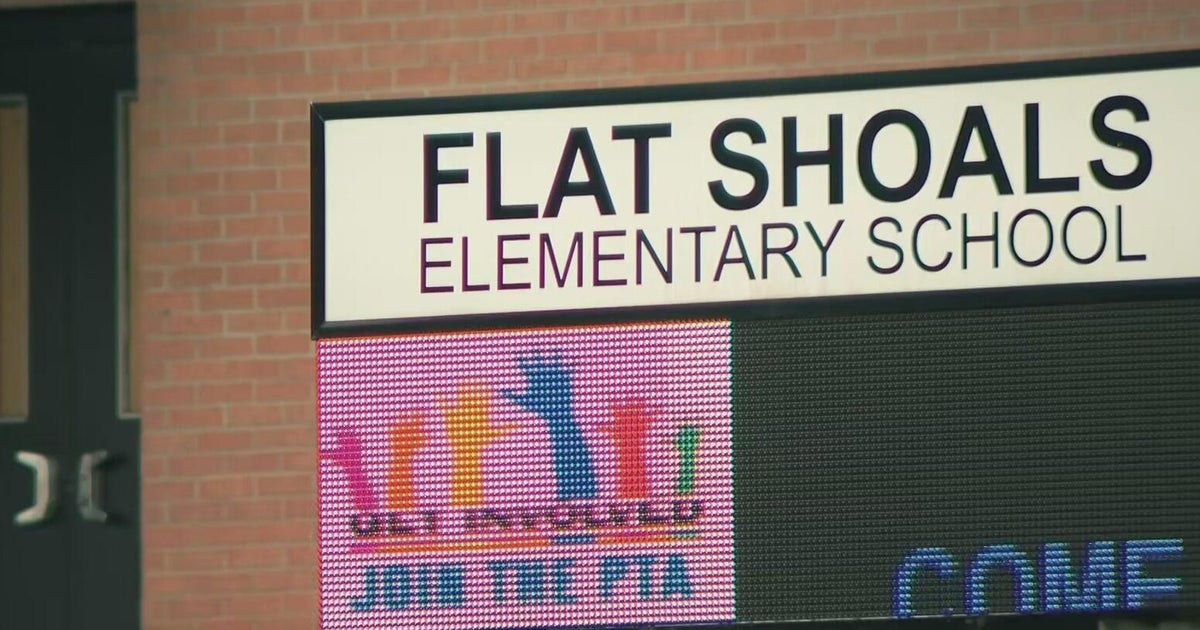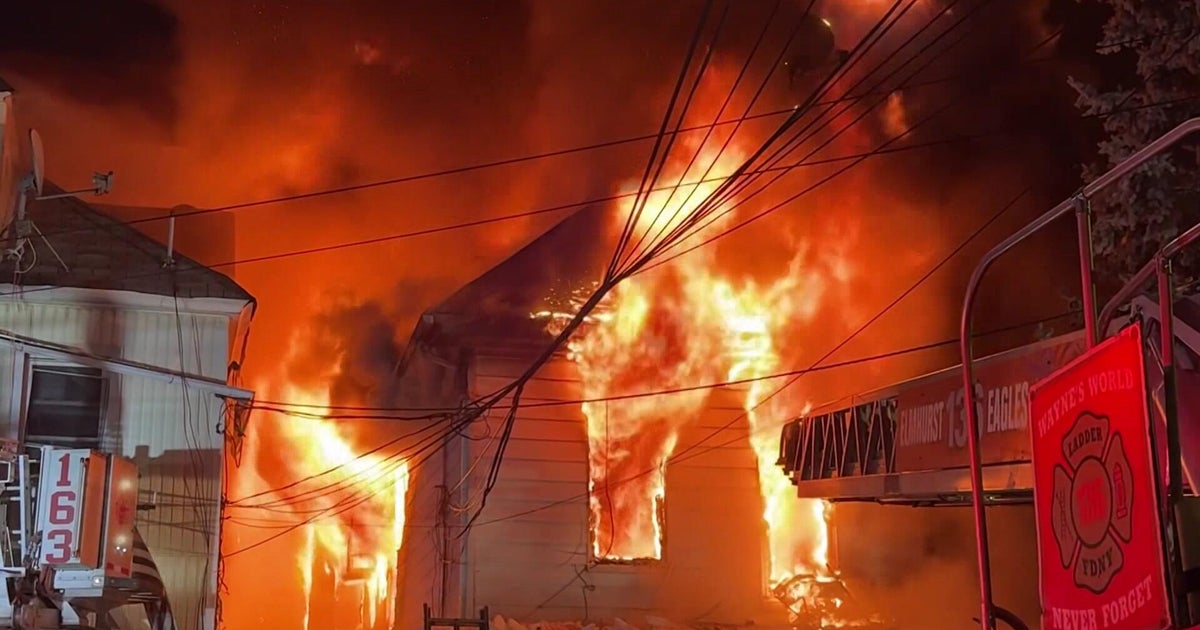Queens fights to keep its endangered languages alive
NEW YORK - More than 700 languages can be heard on the streets of New York, but linguists say many are in danger of extinction.
The Buddhist temple on 75th Street in Elmhurst is a gathering place for the Sherpa community, an ethnolinguistic group from Nepal and the Himalayas.
Amid gathering to worship, the group faces a challenge — keeping its tradition alive in an adoptive country and a changing world.
"The most important thing is the language," Temba Sherpa said.
The Sherpa language has been classified as vulnerable by UNESCO's Atlas of the World's Languages in Danger. Preserving it is a primary focus of the United Sherpa Association, which is based at the temple.
"For our kids, it's very hard to learn our language," Phurba Sherpa said.
"All my childhood, I was always away from my family," Pasang Lhamu Sherpa said. "They didn't teach me, so I don't know my language."
The United Sherpa Association offers language classes, workshops and webinars in an effort to pass the mother tongue to the young people.
"We push them," Phurba Sherpa said.
Experts say most of the world's roughly 7,000 languages are on track to disappear within the next century. A concentration of endangered languages is found in Queens, making the borough an important area for research.
Ross Perlin is co-director of the Endangered Language Alliance and author of the new book "Language City: The Fight to Preserve Endangered Mother Tongues in New York."
"Contemporary New York is probably the most linguistically diverse city, not just in the world, but in the history of the world," he said.
It may not be for long. Perlin says colonialism, urbanization and pressure to assimilate have accelerated language loss worldwide.
"There are many languages with really just, as far as we know, one speaker or a few speakers," he said.
He says languages can't survive without transmission to younger generations.
"There are tremendous amounts of wisdom, knowledge, literature, art, music that are encoded in these languages," he said. "At the same time, it's a matter of justice, I think, to listen to the indigenous minority and primarily oral languages that have been progressively marginalized, in many cases by speakers of larger languages, but that have so much to teach us."
You can email Elle with Queens story ideas by CLICKING HERE.








